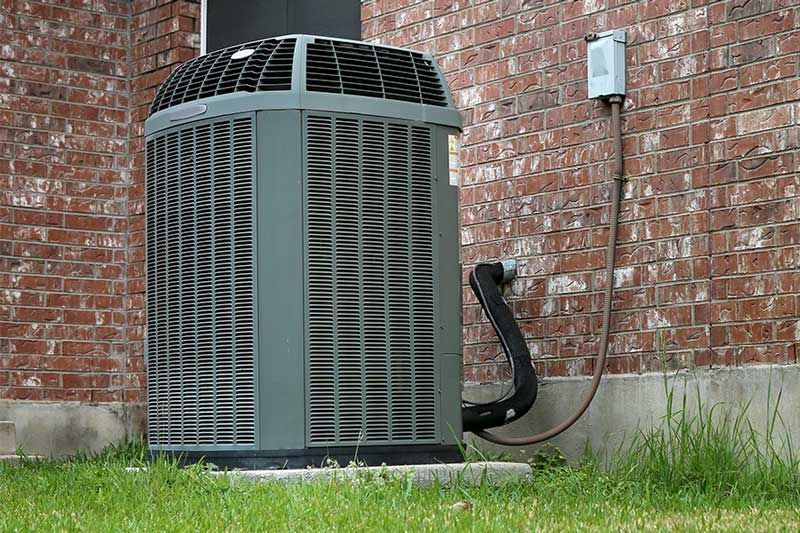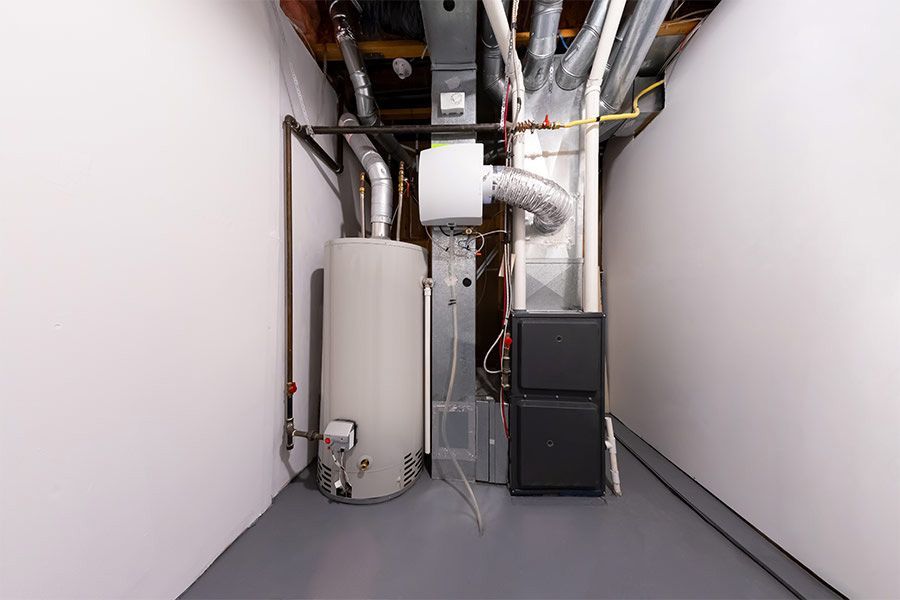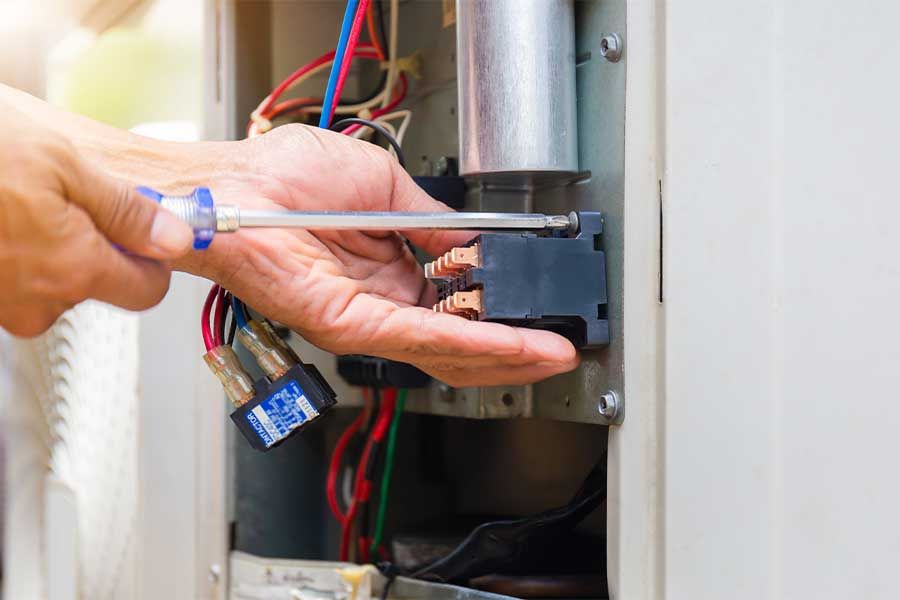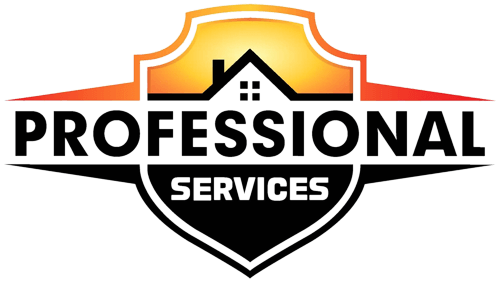7 Essential Checks for the HVAC System in Your Potential New Home
When embarking on the journey to purchase a new home, there's a checklist that potential homeowners often go through, examining aspects like location, structure, aesthetics, and more. However, one critical component that should never be overlooked is the Heating, Ventilation, and Air Conditioning (HVAC) system. This system, responsible for the heating, cooling, and overall air quality of a home, plays a pivotal role in ensuring the comfort and well-being of its inhabitants. Beyond the immediate comfort, a well-functioning HVAC system is also a cornerstone of energy efficiency within a home. Inefficient systems can lead to exorbitant energy bills and unwelcome surprises for new homeowners.
Moreover, the state of the HVAC system can significantly affect the long-term cost of owning a home. Systems in top-notch condition and properly maintained can save homeowners considerable money by operating more efficiently and requiring fewer repairs. In contrast, outdated or poorly maintained systems may become a financial burden, necessitating expensive repairs or a total replacement sooner than anticipated.
Thus, as you consider your next home, checking the HVAC system thoroughly is not just about ensuring your comfort; it's also a critical step in safeguarding against hidden costs and contributing to the sustainability of your new abode. In this guide, we will walk you through the seven essential checks for the HVAC system in your potential new home, empowering you to make an informed decision and ensuring your comfort and financial well-being in the coming years.
1. Age and Condition of the HVAC System
When evaluating a potential new home, the age and condition of its HVAC system are critical. On average, a well-maintained system should last 15 to 25 years, but efficiency and reliability decrease as systems age. This decline can lead to higher energy costs and reduced indoor comfort. Older systems might also use outdated technology, making them less eco-friendly. Identifying the system's age helps gauge its current performance, estimated remaining lifespan, and when a replacement may be necessary.
Signs of an aging HVAC system include frequent breakdowns, odd noises, or inconsistent temperatures throughout the home, suggesting its maintenance history and overall health. Upgrading to a newer, energy-efficient model can require a significant initial investment but results in lower utility bills, fewer repairs, and potential tax benefits for energy-efficient installations. For homebuyers, assessing the need to update an HVAC system is crucial, balancing the upfront costs against long-term efficiency and comfort gains.
2. Energy Efficiency Ratings
Energy efficiency ratings, such as the Seasonal Energy Efficiency Ratio (SEER) for cooling units and the Annual Fuel Utilization Efficiency (AFUE) for heating systems, play a crucial role in evaluating an HVAC system's performance and its environmental impact. The SEER rating measures the cooling output over a season per unit of energy consumed, with higher ratings indicating greater efficiency and cost savings. The minimum SEER standards vary by region in the U.S., reflecting the push for more energy-efficient systems. Similarly, the AFUE rating quantifies the percentage of fuel a heating system converts into heat, with today’s most efficient models achieving up to 98.5% efficiency, significantly reducing energy waste.
When considering a new home, check the HVAC system's SEER and AFUE ratings to estimate energy costs and environmental effects. These figures can be found on Energy Guide labels or in the system's documentation, aiding in assessing potential energy savings and the system's footprint. Although systems with higher SEER and AFUE ratings might have higher upfront costs, they offer substantial long-term savings on energy bills and contribute to environmental conservation. Evaluating these ratings helps make informed decisions that balance initial investment against future savings and sustainability.
3. Maintenance History
Regular maintenance is a critical factor affecting an HVAC system's efficiency and longevity. Periodic servicing, including tasks like replacing filters, cleaning ducts, and checking for leaks, helps maintain optimal air quality, ensures efficient operation, and prolongs the system's lifespan. Without such care, systems may suffer from lower efficiency, increased energy usage, and premature failure.
Reviewing the HVAC system's maintenance history in a potential new home is crucial for homebuyers. These records reveal the system's care level, indicating its current condition and future reliability. Consistent maintenance records suggest diligent care, whereas sparse records may indicate neglect, potentially leading to unexpected repairs or replacement needs. Understanding the maintenance history provides insight into the system's state, aiding in price negotiations or planning for future expenses.
4. Size and Capacity of the System
The size and capacity of an HVAC system are crucial for its efficiency and the home's comfort. An oversized system can cause short cycling, inefficient dehumidification, and increased wear. In contrast, an undersized system may run continuously and be unable to control the home's temperature adequately, thus raising energy costs. The ideal system size is determined by the home's square footage, ceiling height, window sizes and orientation, insulation levels, and local climate, ensuring efficient and effective temperature management.
Signs of an improperly sized system include uneven heating or cooling, short cycling for oversized systems, and high energy bills from systems straining to meet demands beyond their capacity. These issues compromise comfort and can lead to premature system failure. For homebuyers, having an HVAC professional assess the system's size against the home's needs is crucial in avoiding future discomfort and unnecessary expenses, ensuring the system can maintain comfortable, efficient operation.
5. Quality of Air Ducts and Ventilation
Air ducts and ventilation are essential for maintaining indoor air quality and HVAC system efficiency. Proper ductwork design and maintenance ensure even air distribution, keeping temperatures consistent across rooms while effective ventilation removes pollutants, enhancing air quality. Conversely, ductwork problems can cause inefficiencies, higher energy costs, and reduced air quality. Leaks may let the conditioned air escape, and inadequate insulation can lead to thermal loss, forcing the system to work harder.
Inspecting a home’s ductwork involves checking for leaks, holes, or disconnected sections, especially at joints. Ensuring duct insulation is intact minimizes heat or coolness loss. Signs like uneven heating or cooling hint at ineffective air distribution. Professional inspection and repair are vital for suspected issues to ensure the ductwork supports the HVAC system's efficiency and a healthy indoor climate.
6. Thermostat Functionality
The thermostat acts as the control center for your HVAC system, making its functionality critical in optimizing system performance and energy usage. Modern, programmable thermostats offer significant advantages over outdated ones, allowing homeowners to set temperatures according to their daily and weekly schedules. This capability enhances comfort by ensuring the home is at the desired temperature when occupied and reduces energy consumption and costs by minimizing HVAC operation when the house is empty. Upgrading to a programmable thermostat can lead to substantial savings on energy bills while also extending the lifespan of the HVAC system by reducing unnecessary strain.
Smart thermostats take this convenience and efficiency to the next level, offering features such as learning your schedule, adjusting to temperature preferences automatically, and being controllable remotely via smartphones. These advanced devices can even provide energy usage reports, helping homeowners make informed decisions about their heating and cooling habits. When inspecting a potential new home, checking for an outdated thermostat is crucial; upgrading to a smart thermostat can be a straightforward improvement that offers immediate benefits in terms of cost savings and enhanced control over the home's climate.
7. Noise Levels and System Operation
Excessive noise from an HVAC system is often more than just a nuisance; it can be a red flag indicating underlying issues such as potential problems or improper installation. Regular operation should produce a consistent, low-level sound, but loud, unusual noises such as banging, clanking, or constant humming suggest that something within the system may require attention. These sounds can arise from various sources, including loose parts, obstructions in the ductwork, or a malfunctioning compressor, among others. Such issues affect the system's efficiency and comfort and can lead to more significant damage if left unaddressed.
When considering a new home, it's wise to listen to the HVAC system during a walkthrough to gauge the noise levels. Note any unusual sounds and discuss these observations with a professional HVAC technician. They can provide insights into whether the noises you hear are typical or warrant further investigation. A professional assessment can help ensure the system is installed correctly and operating as efficiently and quietly as possible. Addressing any concerns before purchasing can save you from unexpected repairs and ensure your new home remains peaceful.
Hiring a Professional for an HVAC Inspection
When navigating the complexities of purchasing a new home, ensuring the HVAC system is in prime condition is crucial for long-term comfort and cost savings. While many aspects of a home's heating, cooling, and ventilation system can be visually inspected, there are nuances and potential issues that only a professional can identify. This is where Professional Services steps in. Our expertise in conducting thorough HVAC inspections offers an evaluation of the system's current state and peace of mind, knowing that you're making an informed decision about your potential new home. Here’s what our professional HVAC inspection covers:
- System Performance: Assessing the efficiency and output of the HVAC unit to ensure it meets the home’s heating and cooling demands.
- Electrical Connections and Controls: Checking for faulty wiring, loose connections, or malfunctioning controls that could pose safety risks or affect system performance.
- Refrigerant Levels: Ensuring the refrigerant levels are optimal for efficient operation and checking for leaks, which can be detrimental to performance and the environment.
- Condenser and Evaporator Coils: Inspecting these coils for cleanliness and integrity, as dirty or damaged coils can significantly reduce system efficiency.
- Blower Components: Assessing the blower components for proper airflow and operation. Restricted airflow can lead to comfort issues and inefficient energy use.
- Safety Devices: Verify that all safety devices are in place and functioning correctly to prevent potential hazards.
- Overall System Condition: Providing an expert opinion on the general condition of the HVAC system and any signs of wear that might indicate a need for repairs or replacement shortly.
By choosing Professional Services for your HVAC inspection, you gain invaluable insights into the health and functionality of the heating and cooling system in your potential new home. Our comprehensive evaluation helps uncover any hidden issues, ensuring that your HVAC system won't deliver any unpleasant surprises after you've moved in. Trust us to provide you with the information you need to negotiate effectively, budget for future expenses, or simply confidently proceed with your purchase.
Ensuring HVAC System Integrity in Your New Home
Understanding the state of the HVAC system is crucial before sealing the deal on a new home. It's about ensuring comfort and safeguarding against hidden costs and inefficiencies that could affect your home's energy consumption and financial well-being in the long term. The essential checks outlined previously serve as a fundamental guide for initiating detailed discussions with sellers, real estate agents, and inspectors, ensuring you have a clear picture of what to expect from the system in your potential new home.
To take your due diligence further, consider scheduling a professional HVAC inspection with a trusted provider like Professional Services. Our team is dedicated to uncovering any issues that might not be visible to the untrained eye, offering you peace of mind and a detailed understanding of the system's condition. Feel free to reach out to Professional Services for expert advice and assistance in evaluating the HVAC system of your prospective new home, ensuring it meets your standards for comfort, efficiency, and reliability.
You might also like
